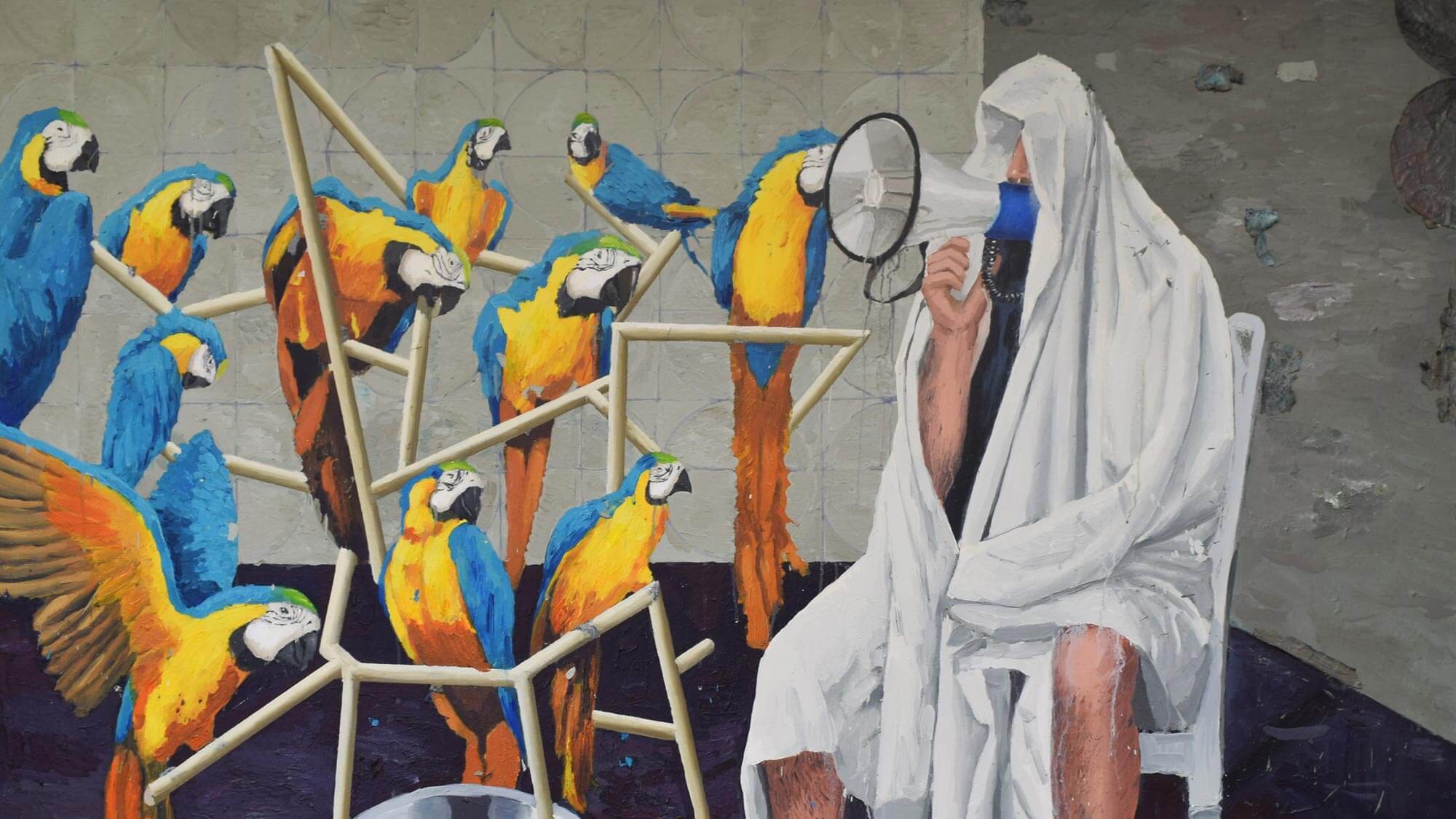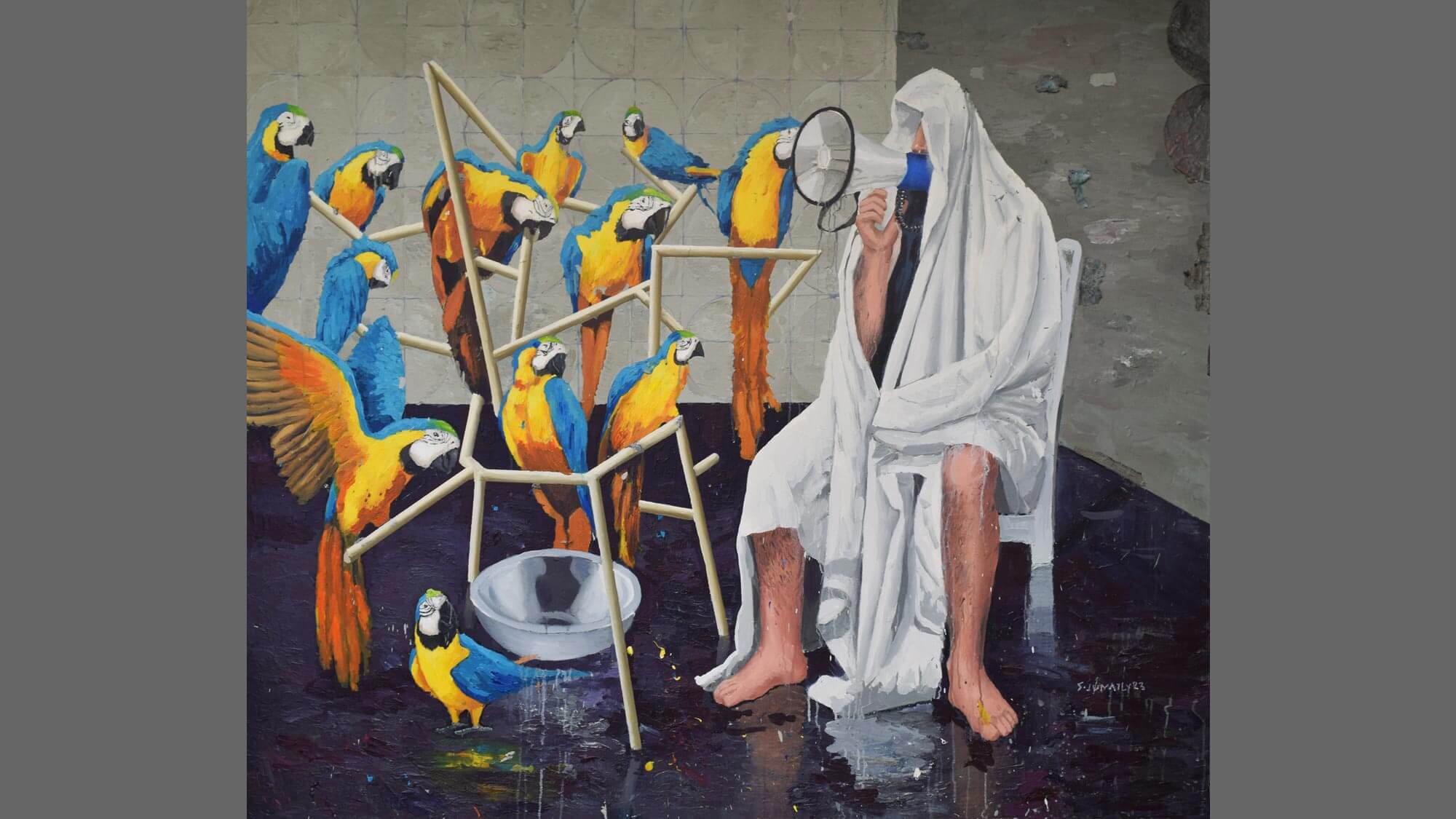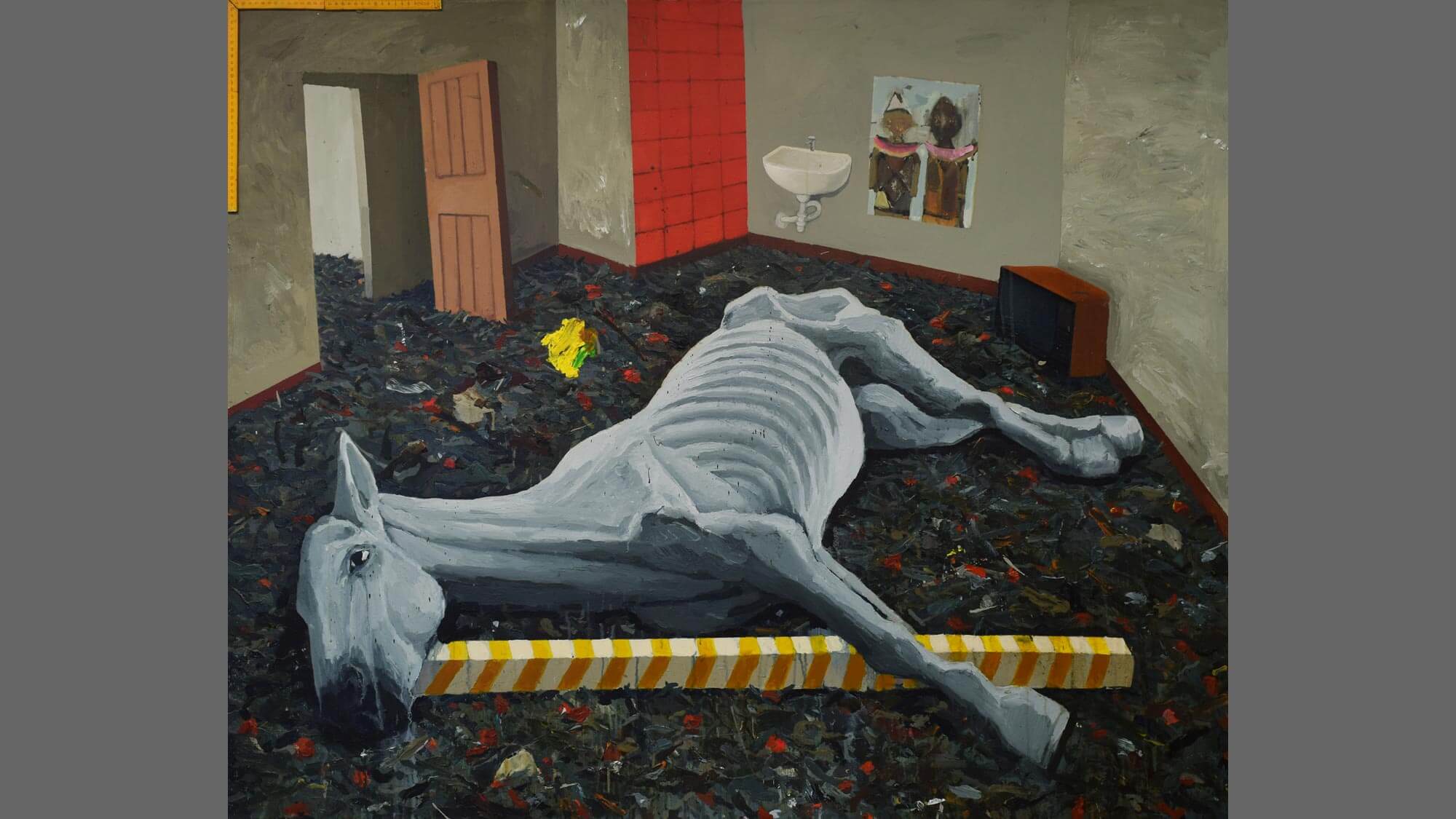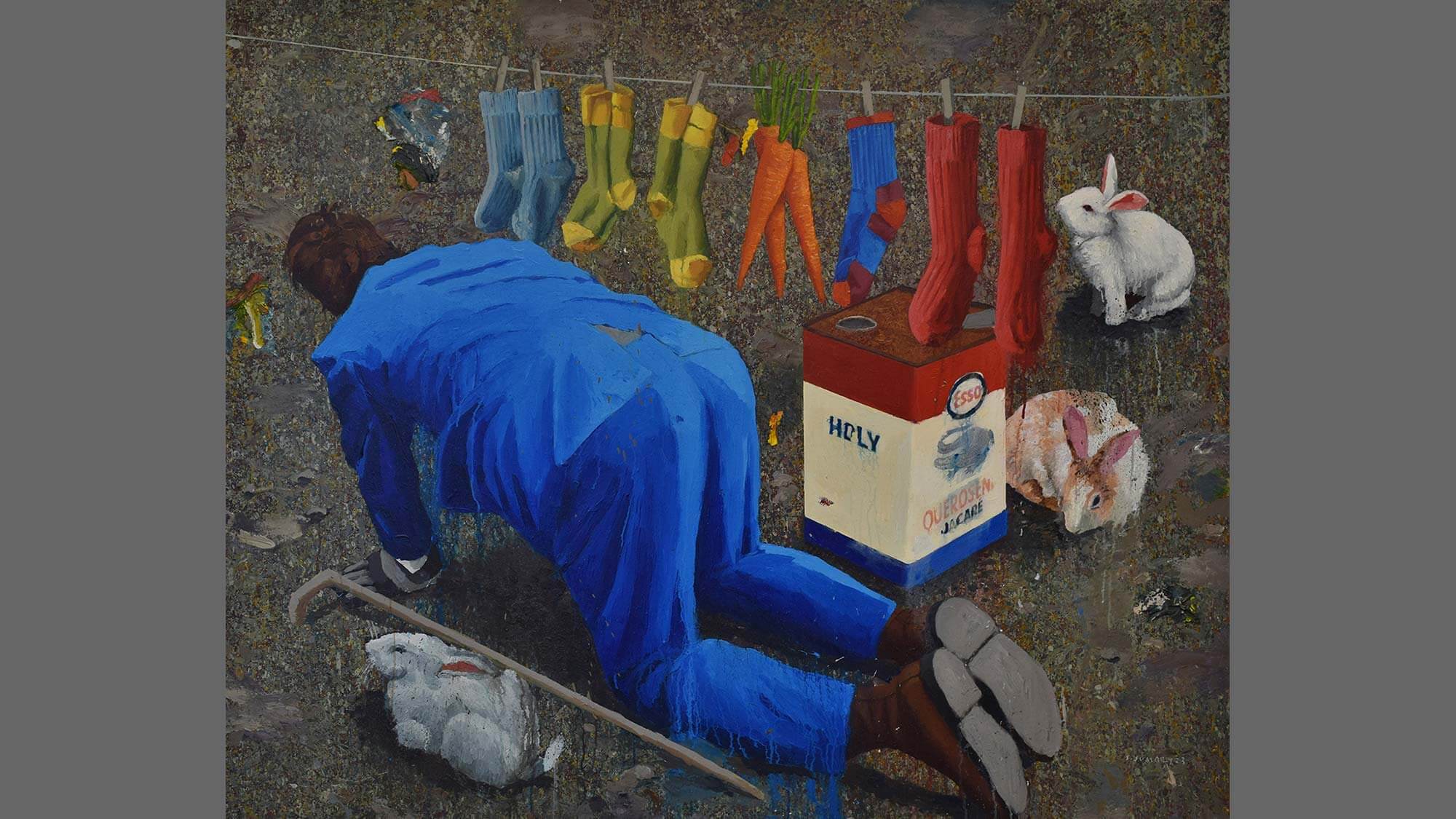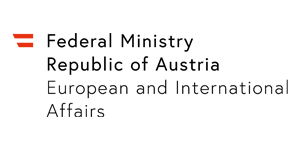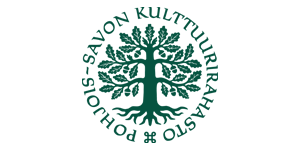Jumaily’s powerful and playful exhibition is a critique of fundamentalist religion’s role in distorting societies and destroying lives in the Middle East. “Many do not dare to criticise religious power” he writes, which “in reality is a poisonous meadow.” Jumaily experienced this poison on his own skin, with murders in his close circle. This work’s “détournement” of a ruinous clergy, which relies on “holy petrol”, violence, and the cruel repression of freedom, has elicited furious threats on Iraqi TV.
Jury Statement
Poisonous Meadow portrays the dark side of the extreme authority exercised by religious leaders, highlighting the politicization and abuse of religion found in Middle Eastern societies such as Iraq, Afghanistan, and Iran. In an ironic way, the exhibition seems to push us to sense the concrete and internal moral decay at the core of religious thinking. The artist’s paintings represent the many ways in which religion destroys lives and distorts societies by curbing freedom. This is so especially for women whose civil liberties and human rights are seen as a litmus test for a free society.
Jumaily has long witnessed the deterioration of Middle Eastern societies weighed down by political religion and marked by the repression of women, resulting in their absence from public life. At this moment in his career, Jumaily’s paintings represent in part critical reflection and in part fearless audacity.
Credits
All artworks by Saddam Jumaily / Grant from The Finnish Cultural Foundation, Finland.
The presentation of the work is funded by State of the ART(ist), a collaboration between the Austrian Ministry of Foreign Affairs and Ars Electronica.
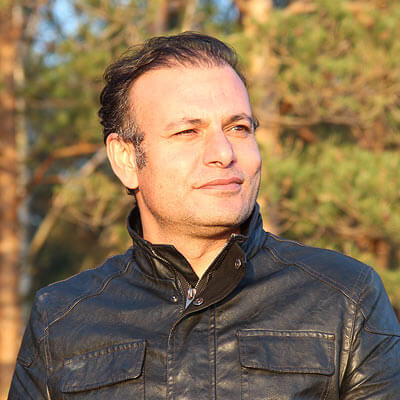
Saddam Jumaily
Saddam Jumaily is an Iraqi artist. He holds an MFA in visual arts from Basra University, and is a painter, sculptor and researcher. His works combine a number of concepts related to immigration, tense social relations, racism and sexism in the Middle East. He also focuses on the impact of religious authority on the demolition of societies.
